FG economic reforms falling short of expectation – Experts
The Organised Private Sector has backed the International Monetary Fund's recent report, which removed Nigeria off a list of countries making significant progress on macroeconomic reforms.Catherine Patillo, Deputy Director of the IMF, recently presented a paper at the Lagos Business School, emphasizing that, while the region's average growth rate was anticipated to be 3.6% in 2024, Nigeria's growth of 3.19% fell short of this standard.
The IMF report also lauded Ghana and Zambia for their successful fiscal consolidations, contrasting them with Nigeria's struggles to achieve real outcomes from its reforms.
The Manufacturers Association of Nigeria and the Lagos Chamber of Commerce and Industry responded on Monday, calling the IMF's assessment a wake-up call and urging the Nigerian government to take immediate action to solve the country's economic challenges.
The Director-General of MAN, Segun Ajayi-Kadir, concurred with the IMF's viewpoint, stating that it correctly reflected the issues that businesses in Nigeria face.
"It is clear that the predicted alleviation from the negative effects of the reform has failed to materialize. We are only seeing an escalation of those factors: the floating currency rate has not provided the desired stability, petroleum product costs are growing, and inflation remains persistent despite rising interest rates," Ajayi-Kadir stated.
He underlined that the industrial sector was still severely constricted, saying, "The productive sector must be protected from the negative effects of these reforms." We anticipate that the government will make intentional steps to increase manufacturing support and offset these effects by the end of this year or early in 2025."
Ajayi-Kadir emphasized the importance of fiscal and energy reforms, the development of alternate energy sources, and reducing insecurity as critical steps toward unlocking Nigeria's economic potential.
He urged Nigerians to prioritize state-level contributions, noting, "There are at least 37 budgets in this country. To construct infrastructure and foster growth, state governments must actively promote industry and resource beneficiation.
The MAN DG stated that "the government must take full charge of the situation and collaborate with sub-nationals to deliver outcomes. Nigerians deserve to witness the results of their sacrifices sooner rather than later.
In his remarks, LCCI President Gabriel Idahosa said that the IMF's assessment was not new to local players, but emphasized the need of being dedicated to the route forward.
"The IMF is not stating anything new; they are simply summing what we have always said. As a country, we should focus on continuing the slow but steady progress that has been made. Reforms such as fuel subsidy elimination and currency unification are crucial, and their advantages will be realized by the end of next year," Idahosa stated.
He highlighted continuous accomplishments in the oil and gas sector, including measures to reduce oil theft and increase production capacity to 2 million barrels per day. Idahosa also cited advances in gas infrastructure, the acceptance of electric vehicles, and the increased usage of compressed natural gas as good markers of progress.
"The faster we transition to gas-fired and electric vehicles, the quicker inflationary pressures will ease," she said. "By 2025, the benefits of localised crude processing and reduced freight costs will begin to materialise, lowering operational costs for businesses."
Meanwhile, Dr Femi Egbesola, National President of the Association of Small Business Owners of Nigeria, noted that most Micro, Small, and Medium Enterprises have stated that recent economic changes have not resulted in significant economic growth.
He stated, "We completely agree with the IMF's analysis at this moment, as recent economic reforms have not brought many beneficial results yet.
"Inflation continues to skyrocket, the naira is still in free fall, businesses are either failing or closing, poverty levels are rising, and the ease of doing business is falling down the ladder.
"These administration's economic changes may need to be reconsidered, as Nigerians are suffering. We expect far better results from this government."
Segun Kuti-George, National Vice President of the Nigerian Association of Small-Scale Industrialists, agreed with the IMF representative and stated that the current government's economic agenda or strategy, as the case may be, is not producing the desired results.
He explained, "This is because economics is a science, and certain indicators determine whether an economy is improving or not. These indexes include the gross domestic product, GDP of a country, GNP, inflation rate, currency rates, infrastructure and development, employment rates, and quality of life, among others. Also, you'll agree with me that all of these indexes are still negative.
"Of particular importance is the exchange rate, which appears to be beyond our control. The pound is worth more than 2,200 today, and inflation is expected to be 34%. When you look around, you will notice that people's quality of living has declined. There is no significant or obvious progress in infrastructural development. When you look at a few indexes, you can't help but agree with the representative who stated that they resemble those economic methods.
"Given these data, it is apparent that existing economic tactics are not producing the desired results. This view reflects not only my personal opinion, but also that of the association I represent and other entrepreneurs."



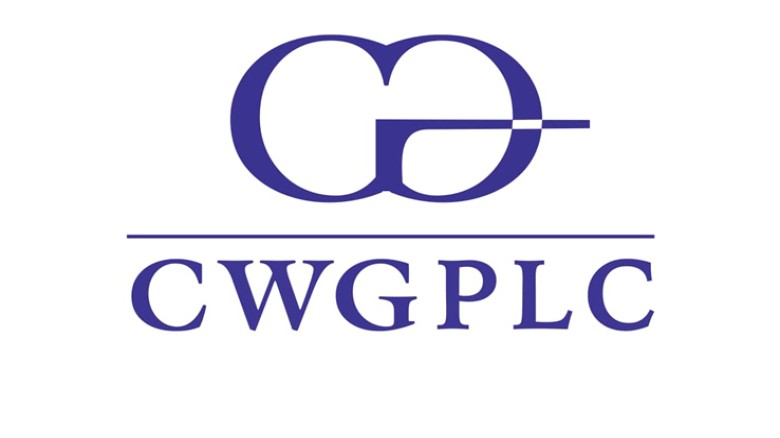
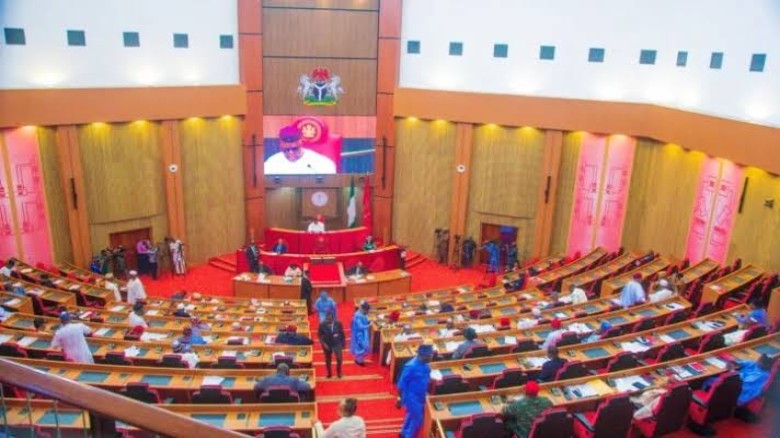






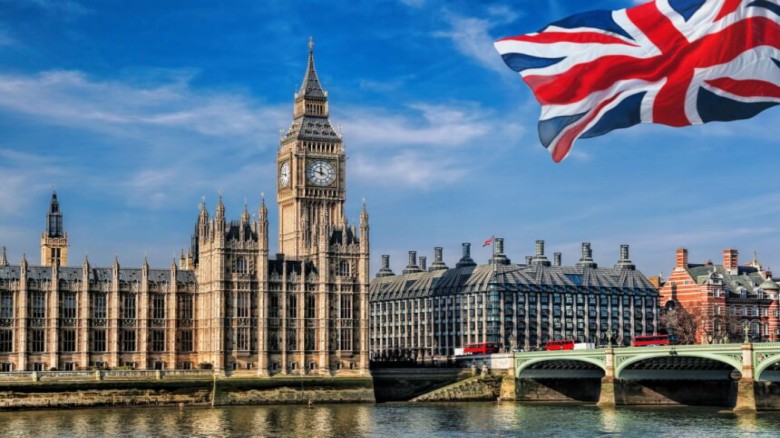
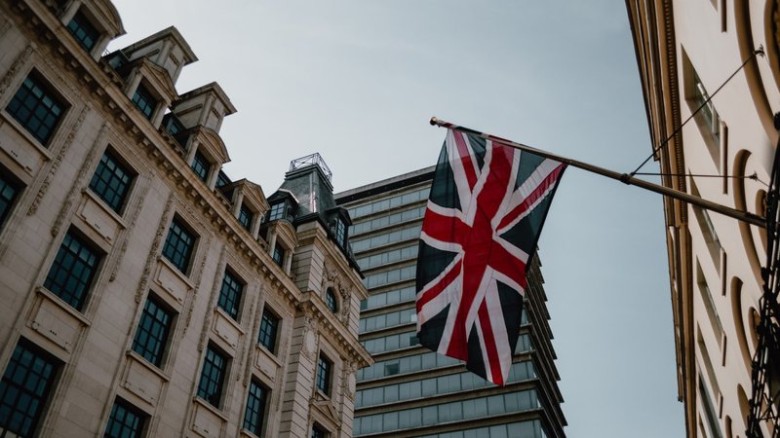




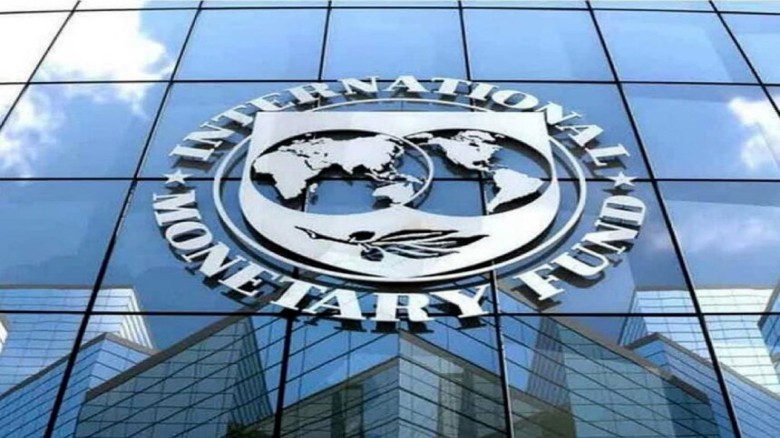






Leave A Comment